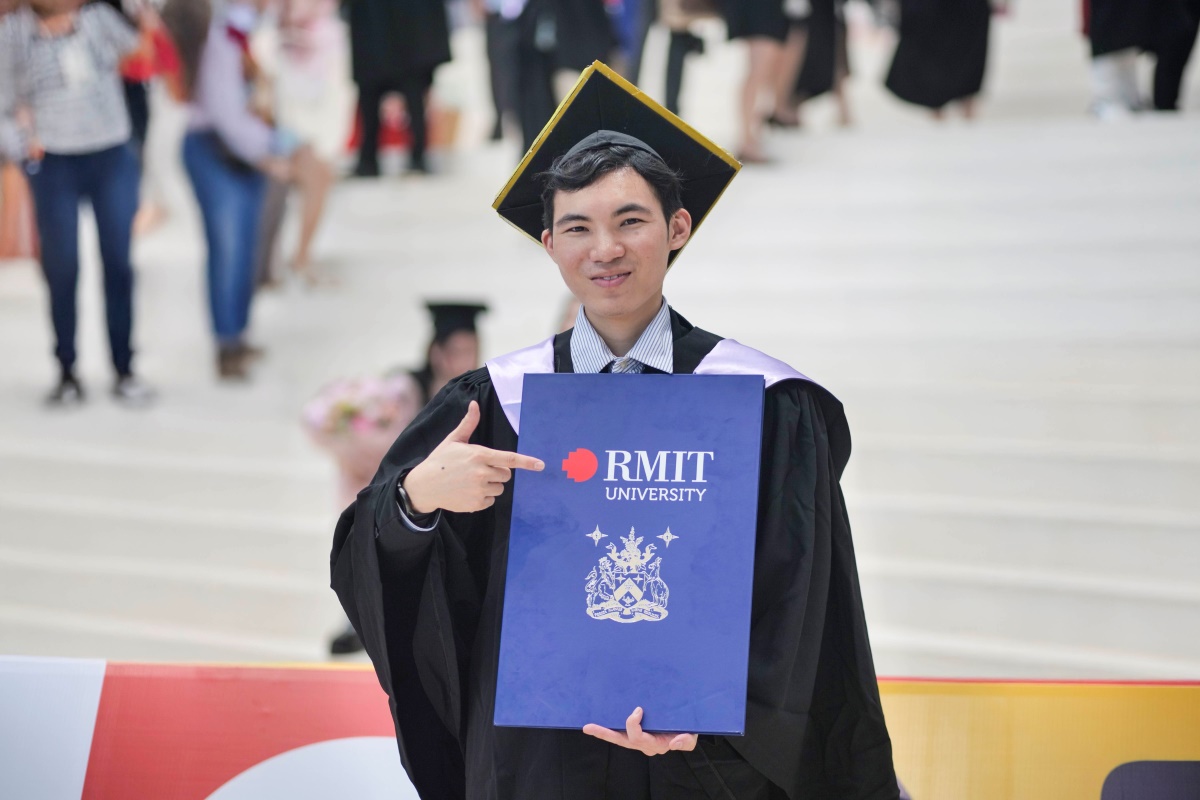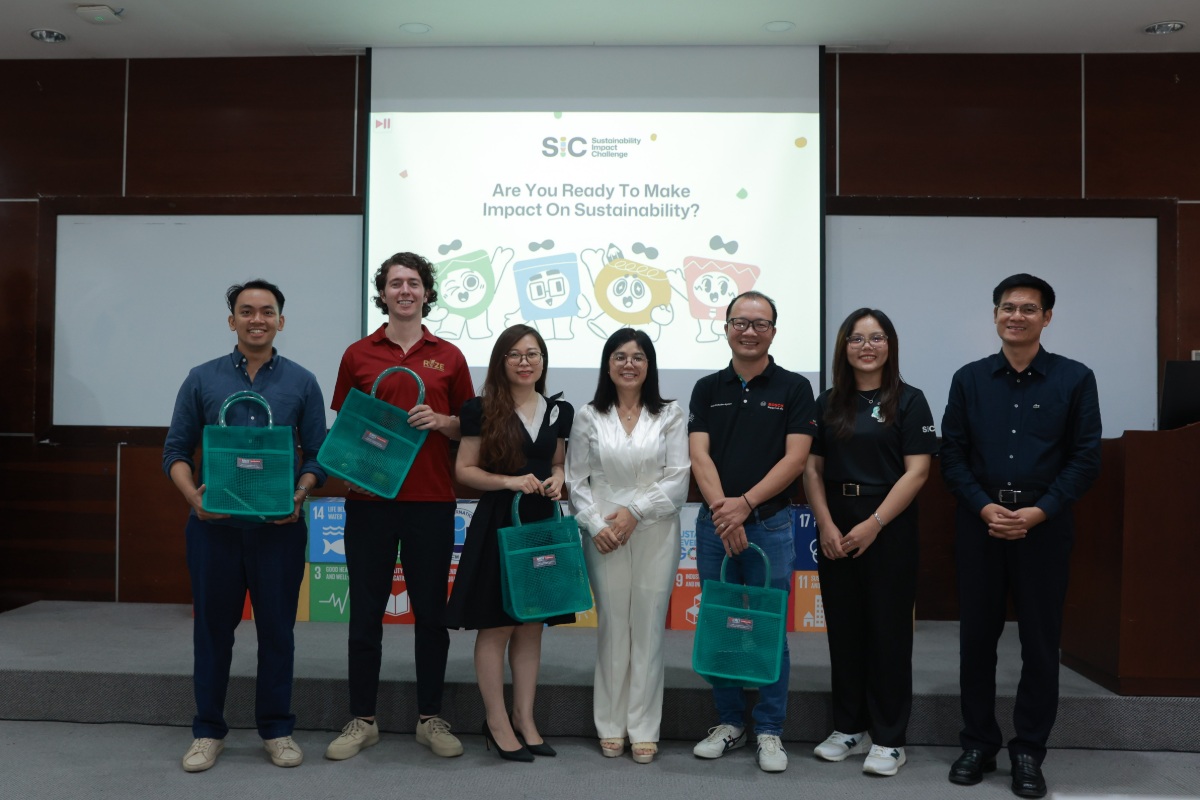Cooperation in education and training
The tourism industry should make a concerted effort to provide incentives to recover trained employees, requalify older employees, and above all else, invest heavily in training facilities at all levels and develop hospitality schools with internationally recognised curricula.
There is a growing number of budding talent in hospitality schools and universities that is ready to enter the labour market at the managerial level, and the tourism industry should give them an opportunity, attracting them with higher salaries than normal.
At the government level, it is important to remember that educational efforts are comprised in Vietnam’s Strategy for Tourism Development to 2020. Developing human talent in tourism and hospitality is a priority under the aegis of the Ministry of Culture, Sports and Tourism, and the National Administration of Tourism.
Coordination between the government, tourism businesses and tourism educational institutions is essential to ensure Vietnam tourism recovers fully from the COVID-19 pandemic. One thing the government can do is offer tax incentives for private and not-for-profit organisations that provide tourism and hospitality training and certifications. Many businesses have excellent facilities that lend themselves well to on-the-job training, provided the costs are accounted for. This would expand the reach of educational and qualification efforts in tourism and hospitality in Vietnam, which at the present time are still insufficient.
Tourism businesses seeking to (re)train and (re)qualify their employees at all levels could also partner with educational institutions such as universities that offer tourism and hospitality degrees, as well as hospitality vocational schools and training centres. Joint use of facilities, on-site training seminars and workshops, and offer of undergraduate and postgraduate certifications in tourism and hospitality are all ideas to be considered.
Focus on upskilling
In the new normal for tourism, skills with rising demand include safety knowledge and excellent people skills, as well as knowledge of IT and smart tourism. Smart tourism is becoming a reality, and future tourism and hospitality professionals should be prepared to work in that reality.
When it comes to foreign language skills, the obvious emphasis is on English. But due to the narrowing of the Chinese, Russian and Japanese markets, knowledge of other languages from emerging emitting countries such as Thailand and Malaysia will be sought after.
Educational institutions can help meet this demand by providing excellent academic knowledge along with practical skills. Universities such as RMIT Vietnam are educating the next generation of tourism and hospitality leaders, developing both their theoretical and practical knowledge of the industry, as well as providing them with a solid foundation in business management, financial and marketing acumen, soft skills and English proficiency at the highest level.
Concurrently, employers can and should invest more in in-house training to upskill and requalify their current workforce, but this should be done in addition to other educational efforts. It is important to remember that such in-house training consumes a substantial amount of resources, which for a lot of organisations are not abundant after such difficult COVID-19 times. Thus, in-house training is a great opportunity to pursue and establish partnerships with educational institutions, be it at the public, private or not-for-profit levels.






